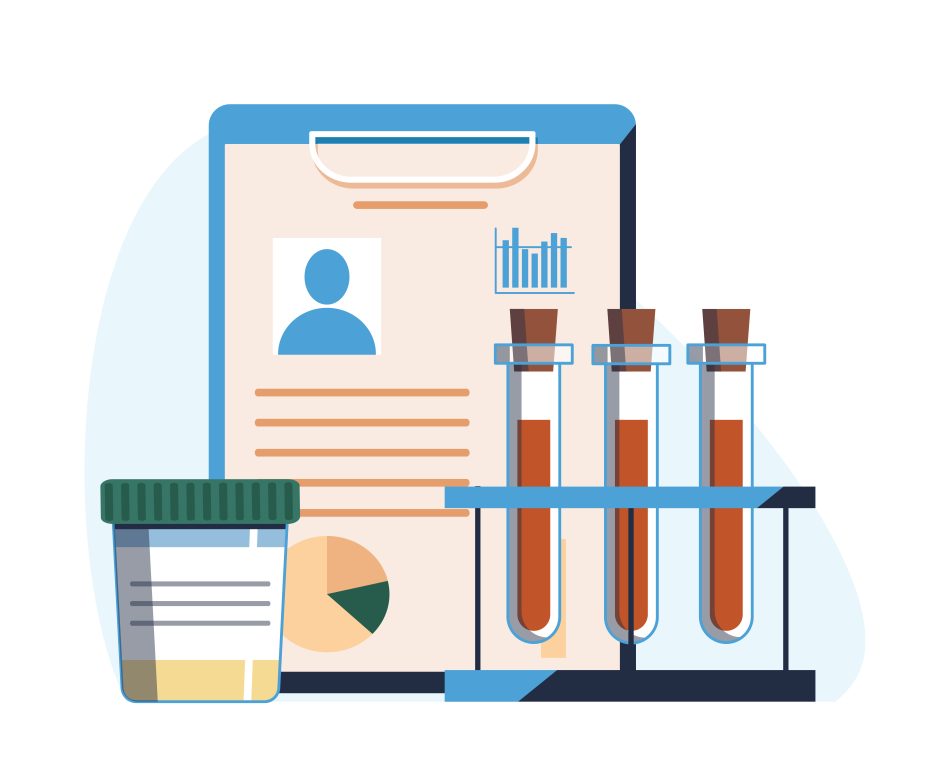Clinical trials are studies where scientists test new medicines, treatments, or procedures on people. They can also compare different treatments to see which one works best. Before any trial starts, scientists plan everything carefully. They think about who can join, what will happen during the trial, and how they will keep everyone safe.
Facts about clinical trials:
- Safety: Trials make sure new treatments are safe for people to use. Scientists check for side effects and how the treatment affects the body.
- Effectiveness: Trials also help find out if a treatment really works. Sometimes, a new medicine might not work as well as scientists hoped. Trials help them figure that out.
- Advancing Medicine: By testing new treatments, trials push medicine forward. They help find better ways to fight diseases and improve people’s lives.
- Phases: Trials happen in different phases. Phase 1 tests if a treatment is safe. Phase 2 checks if it works on a small group of people. Phase 3 tests it on more people to see how well it works and if there are any side effects. Phase 4 happens after a treatment is approved. It keeps checking its safety and effectiveness over time.
- Participants: People who join trials are called participants. They might have the disease being studied or be healthy volunteers. Everyone in a trial is watched closely to see how they respond to the treatment.
- Randomization: Sometimes, participants are randomly put into groups. One group gets the new treatment, and the other might get a different treatment or no treatment at all. This helps scientists see if the new treatment works better than what’s already available.
- Blinding: In some trials, participants and doctors don’t know who is getting the new treatment and who isn’t. This is called blinding. It helps make sure the results are fair and not influenced by what people expect to happen.
Anyone can join a clinical trial, but not everyone will be eligible. Scientists look for certain criteria, like age, gender, and the type and stage of the disease. They want to make sure the trial is safe for the participants and that they get accurate results. Clinical trials are crucial for finding new treatments and improving healthcare. They help answer important questions about safety and effectiveness. By volunteering for a trial, people contribute to medical progress and help future patients. So, while they might seem complex, clinical trials are vital steps in making sure we have better and safer treatments for everyone.
Why is it important to do clinical trials?
Clinical trials are done for various reasons:
- To know whether a new drug or device is safe and useful for people.
- To enhance the effectiveness of standard or approved treatments, explore alternate methods that are easier to use or reduce side effects.
- To safely test a treatment on children, it is important to learn how to use the treatment in a population where it was not previously tested.

